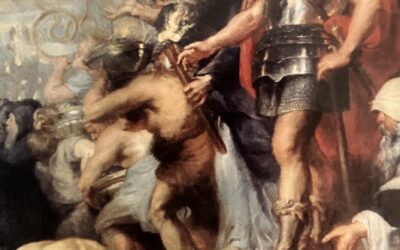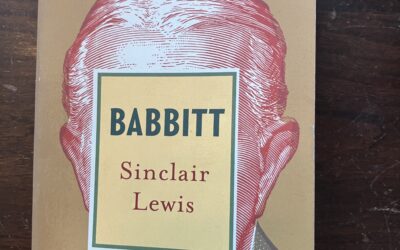It’s that time of year – Christmas music in the air, the smell of pine filling the house, tenderly wrapping gifts for loved ones and arguing to the death over whether or not Die Hard is a Christmas movie. Behold, the indisputable proof:
It’s a theme repeated over and over in the Bible: God’s beloved Israel is drawn into the clutches of the fallen world and God must go and rescue her.
Die Hard is a modernized retelling of that story only with more guns, rocket launchers, C-4 and helicopters. It is my hope to settle the debate once and for all and establish that Die Hard is a Christmas movie in that it illustrates our hunger for the living God.
John McClane is the Messianic figure who comes to reclaim his bride Israel, metaphorically represented by Holly McClane. She has been distracted from her true love by the empty promises of mammon (negotiable bearer bonds) and worldly success (a high-powered job at Nakatomi corporation). Her reluctance to show John McClane the watch she’d earned as a reward for her temporal achievement is akin to Adam and Eve not wanting to show themselves to God after the Fall. In both instances, they were ashamed.
As often happens when one gets distracted from the love of God by love of things in the world, one winds up in the clutches of the devil. Hans Gruber is the devil figure. From the outset of his arrival, he is the deceiver. He claims to be a terrorist with principles when, in fact, he is merely a thief whose interests do not extend past himself. Deception is a tool he uses constantly throughout the movie.
The boss, Mr. Takagi, bravely stands before Gruber and is the voice calling out from the California desert that he is not the person with the information (the passcode into the vault) as John the Baptist called out from his desert that someone greater than he was coming (the Messiah, who is like a supernatural passcode into heaven). Both met untimely ends at the hands of tyrants.
McClane, seeing the murder of Mr. Takagi, withdraws to be alone as Jesus withdrew when he heard of the news of the Baptist’s beheading. However, Jesus withdrew to pray whereas McClane withdrew to smoke and assess his ammo.
McClane finds his Saint Peter in the character of Sergeant Al who soaks up McClane’s wisdom and follows him for the rest of the movie, via walkie talkie.
Our Messianic figure John McClane casts out the associates of the devil figure Gruber from the plot of the movie as Christ cast out demons, affliction and sin from the multitudes.
Christ performed miracles as McClane performed the miracle of strapping a bunch of C-4 to an office chair, throwing it down an elevator shaft and, in an act of miraculous timing, only blowing up the exact floor he was aiming for to take out the terrorists who were shooting rocket launchers at the police.
The character Ellis, McClane’s Judas, betrays the identity of our hero, only instead of 30 pieces of silver his reward is a glass of Coke.
The final scene is at the top of the Nakatomi building. Biblically, high places–usually mountains, not skyscrapers–are commonly where people go to encounter the Living God.
There’s lots of gun fire, a giant explosion, a helicopter crash and a firehose-bungee jump. Sounds a lot like the Last Supper.
And then it all comes down to McClane and Gruber. Gruber is holding McClane’s bride hostage as he and a henchman try to escape. As the devil often does, Gruber thinks he has the upperhand and will finally kill God. As God often does, McClane is in control the whole time and eliminates the last of Gruber’s minions with a handgun taped to his back and metaphorically stomps on the head of the snake by shooting Gruber.
As Gruber falls out a window, Holly remains attached to Gruber and all of his empty promises via the watch she’d earned. She realizes that it is not earthly success for which she has hungered, but for the Living God. Holly is finally ready to let McClane remove the watch, a symbol of attachment to the world, and unburden herself of the temporal yoke that it represents. McClane undoes the watch and Gruber fails, his hubris shattered and his evil conquered.
Upon Holly’s salvation, the bride flies into the arms of her bridegroom, who is ecstatic at her return.
The story ends when evil, in the form of Karl, whom the audience thought had died, reemerges to try and kill McClane. But it is now time for Sergeant Al Powell, the Peter to McClane’s savior, to take the helm and continue McClane’s work until they meet again. Sgt. Al deals with Karl.
McClane, our Messianic figure, and his bride, our Israelic figure, are once again in covenant and Die Hard, is indeed, a Christmas movie. The greatest Christmas movie. Yippie Ki Yay, Blessed Mother!
To purchase a copy of this essay in treatise form, click here.





0 Comments
Trackbacks/Pingbacks